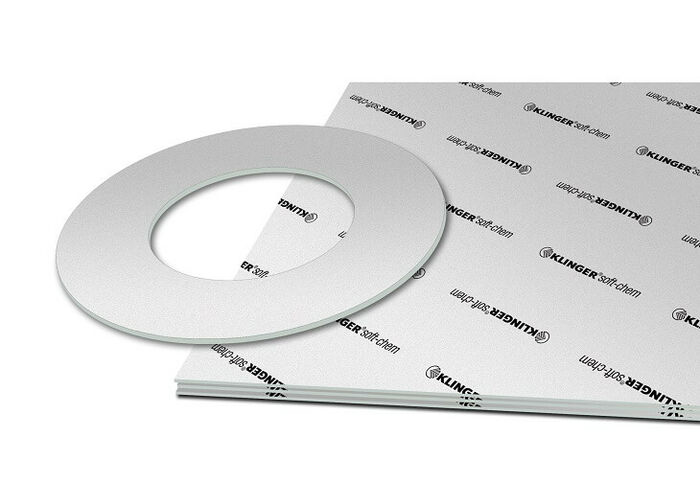Material Hub > Materialien
Materialien
-
Kategorie ThermoplasteEinsatztemperatur -200 – 80 °CDichte 0.96 g/cm³
-
Kategorie ThermoplasteEinsatztemperatur -200 – 80 °CDichte 0.96 g/cm³
-
Kategorie ThermoplasteEinsatztemperatur -200 – 80 °CDichte 0.95 g/cm³
-
Kategorie ThermoplasteEinsatztemperatur -200 – 80 °CDichte 0.94 g/cm³
-
Kategorie ThermoplasteEinsatztemperatur –Dichte 0.9 g/cm³
-
Kategorie KunststoffbeschichtungEinsatztemperatur -40 – 200 °CDichte –
-
Rhenolub® MK I RB (30)/lf (einem flexiblen Bindeharz und PTFE)
Rhenotherm Kunststoffbeschichtungs GmbH
Kategorie KunststoffbeschichtungEinsatztemperatur -40 – 180 °CDichte – -
Rhenolub® MK I RB-clear (68) (einem flexiblen Bindeharz und PTFE)
Rhenotherm Kunststoffbeschichtungs GmbH
Kategorie KunststoffbeschichtungEinsatztemperatur -70 – 180 °CDichte – -
Kategorie KunststoffbeschichtungEinsatztemperatur -40 – 150 °CDichte –
-
Rhenolub® MK I RB-weiß (TL) (einem flexiblen Bindeharz und PTFE)
Rhenotherm Kunststoffbeschichtungs GmbH
Kategorie KunststoffbeschichtungEinsatztemperatur -40 – 150 °CDichte – -
Kategorie KunststoffbeschichtungEinsatztemperatur -40 – 200 °CDichte –
-
Kategorie ThermoplasteEinsatztemperatur -40 – 100 °CDichte 1.15 g/cm³
-
Kategorie ThermoplasteEinsatztemperatur < 260 °CDichte 1.32 g/cm³
-
Kategorie ThermoplasteEinsatztemperatur -50 – 100 °CDichte 1.4 g/cm³
-
Kategorie ThermoplasteEinsatztemperatur -200 – 260 °CDichte 3 g/cm³
-
Kategorie ThermoplasteEinsatztemperatur -200 – 260 °CDichte 2.1 g/cm³
-
Kategorie ThermoplasteEinsatztemperatur -200 – 260 °CDichte 2.04 g/cm³
-
Kategorie ThermoplasteEinsatztemperatur -200 – 260 °CDichte 2.25 g/cm³
-
Kategorie ThermoplasteEinsatztemperatur -200 – 260 °CDichte 2.13 g/cm³
-
Kategorie ThermoplasteEinsatztemperatur -200 – 260 °CDichte 2.17 g/cm³




